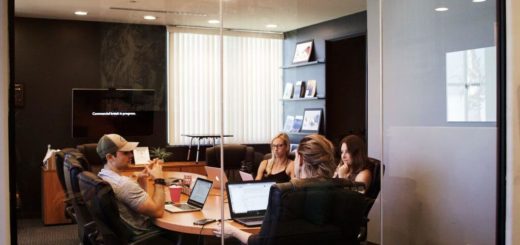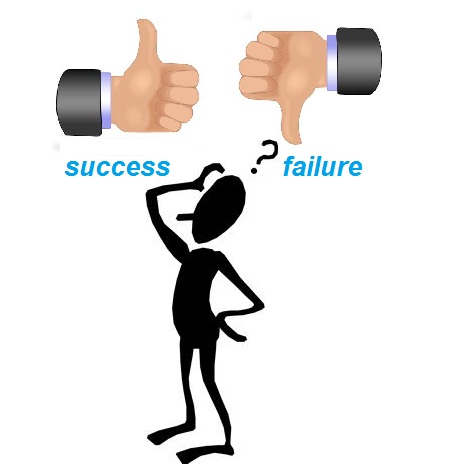Tips on Improving Team Performance
 Team skills improvement is one of the most challenging management activities to make a team environment more productive and enhance team performance through motivation, training, rewarding, etc. Through improving team cohesion and skills, managers and team leaders can build a better rapport with team members and increase team performance.
Team skills improvement is one of the most challenging management activities to make a team environment more productive and enhance team performance through motivation, training, rewarding, etc. Through improving team cohesion and skills, managers and team leaders can build a better rapport with team members and increase team performance.
In this article we will talk about four basic tips on improving team skills and enhancing team performance. We’ll also talk about team skills classification that determines two categories of team skills.
Team Skills Classification
Professional project managers and experienced team leaders classify team skills into two major categories, such as soft skills and hard skills. Team skills improvement depends on how these categories are managed and how well people skills are trained and used within the team environment.
Soft skills refer to interpersonal relationships that take place between employees when selling products and service to customers. Hard skills are those abilities that employees can apply to a specific function, such as database management, IT technologies implementation, wiring a building, designing office premises.
Team Skills Improvement Tips
Here are four basics tips on enhancing team performance through improving team skills:
Learn to Hold Team Meetings through Productive Conversations
This team skills improvement tip refers to the statement: “Good decisions are made when right questions are asked.” You need to learn to conduct productive conversations with your employees during team meetings. Right questions are asked only if people feel comfortable and relaxed and never think of their disadvantages.
Productive team meetings can be built through conducting productive conversations with employees. That’s why you should learn to be open to conversations trying to ask non-threatening questions and to focus on the interests of others rather than your own. Then this effort paves the way for enhancing team performance and improving team skills in the workplace.
Learn to Read Body Language
It is about gesticulation and body signals or what we do when talking to someone (body language). Improved team effectiveness can be achieved through reading how your employees speak and what they during team meetings. Good team communication is based on an excellent rapport between group members.
You need to learn the body language to know how best to show your openness to the team, be relaxed during conversations and never confuse anybody in the team. You should also read the body signals of others and adequately react to any changes in the team environment.
Receive Team Feedback
It takes time and hard work to build and train strong team skills. The process of team skills improvement will be efficient if you receive and analyze feedback from team members.
You need to establish the team environment in which employees are ready to critique your team management effort and send you feedback on strategies for improving team performance. Team criticism will help you make activities for team skills training more efficient and achieve better results in improving team management and avoiding team conflicts.
Learn to Listen
It is about the ability to listen to what others say. Improved team communication and rapport can be established if the team leader listens to what team members say and how they express their viewpoints. Listening involves in being silent and waiting for what employees say.
You should learn to be attentive and listen to team members – then you will gain more chances for improving team performance because employees become loyal and open to your team management effort.
Summary
The way to improve team skills and build an excellent rapport between team members is through conducting productive team conversations, reading the body language, seeking employee feedback and being an empathetic listener.
When working on improving team skills and enhancing team performance, you need to remember about these tips. Task management software will help you design agendas for team meetings and create a work environment in which team members can share their thoughts and exchange feedback.














